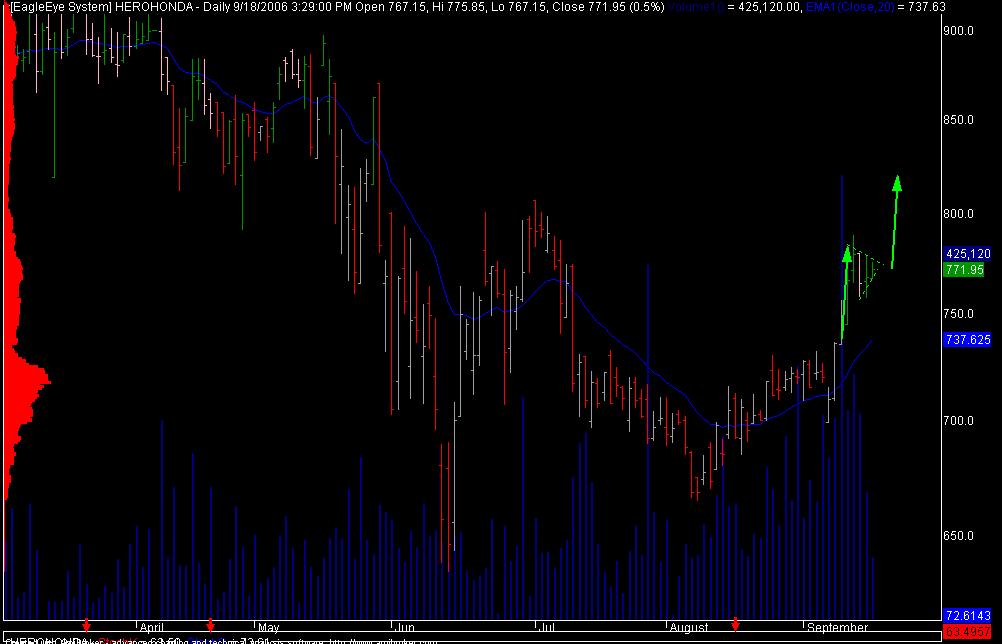 China, India and other developing countries are set to give the world economy its biggest boost in the whole of history, says Pam Woodall . What will that mean for today's rich countries?
China, India and other developing countries are set to give the world economy its biggest boost in the whole of history, says Pam Woodall . What will that mean for today's rich countries?LAST year the combined output of emerging economies reached an important milestone: it accounted for more than half of total world GDP (measured at purchasing-power parity). This means that the rich countries no longer dominate the global economy. The developing countries also have a far greater influence on the performance of the rich economies than is generally realised. Emerging economies are driving global growth and having a big impact on developed countries' inflation, interest rates, wages and profits. As these newcomers become more integrated into the global economy and their incomes catch up with the rich countries, they will provide the biggest boost to the world economy since the industrial revolution.
ndeed, it is likely to be the biggest stimulus in history, because the industrial revolution fully involved only one-third of the world's population. By contrast, this new revolution covers most of the globe, so the economic gains—as well as the adjustment pains—will be far bigger. As developing countries and the former Soviet block have embraced market-friendly economic reforms and opened their borders to trade and investment, more countries are industrialising and participating in the global economy than ever before. This survey will map out the many ways in which these economic newcomers are affecting the developed world. As it happens, their influence helps to explain a whole host of puzzling economic developments, such as the record share of profits in national income, sluggish growth in real wages, high oil prices alongside low inflation, low global interest rates and America's vast current-account deficit.Emerging countries are looming larger in the world economy by a wide range of measures . Their share of world exports has jumped to 43%, from 20% in 1970. They consume over half of the world's energy and have accounted for four-fifths of the growth in oil demand in the past five years. They also hold 70% of the world's foreign-exchange reserves.
But regardless of how the developed world responds to the emerging giants, their economic power will go on growing. The rich world has yet to feel the full heat from this new revolution.
read more HERE

